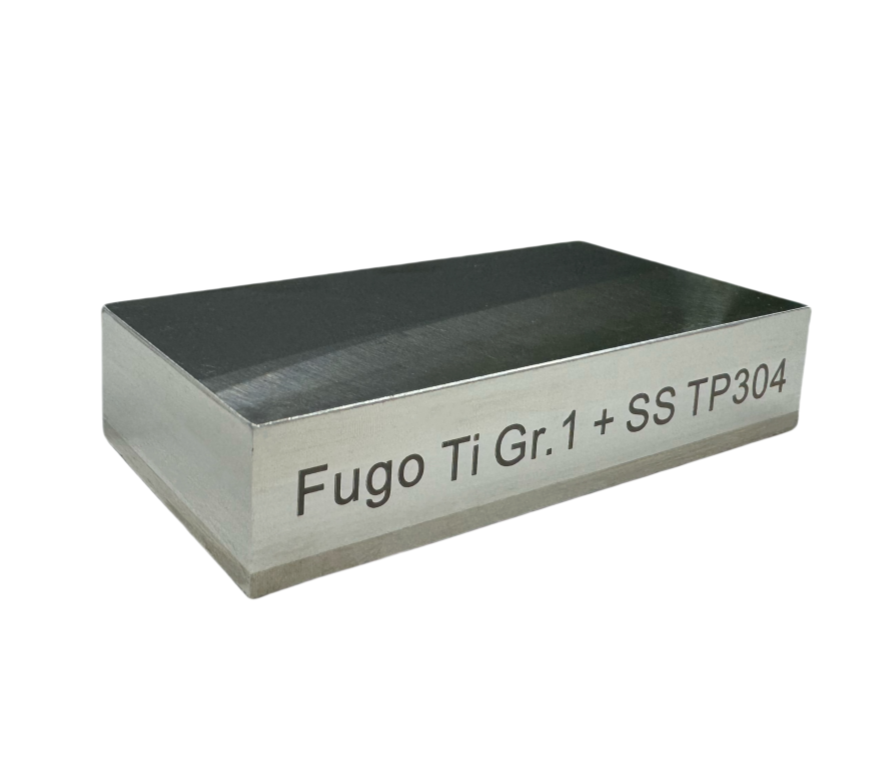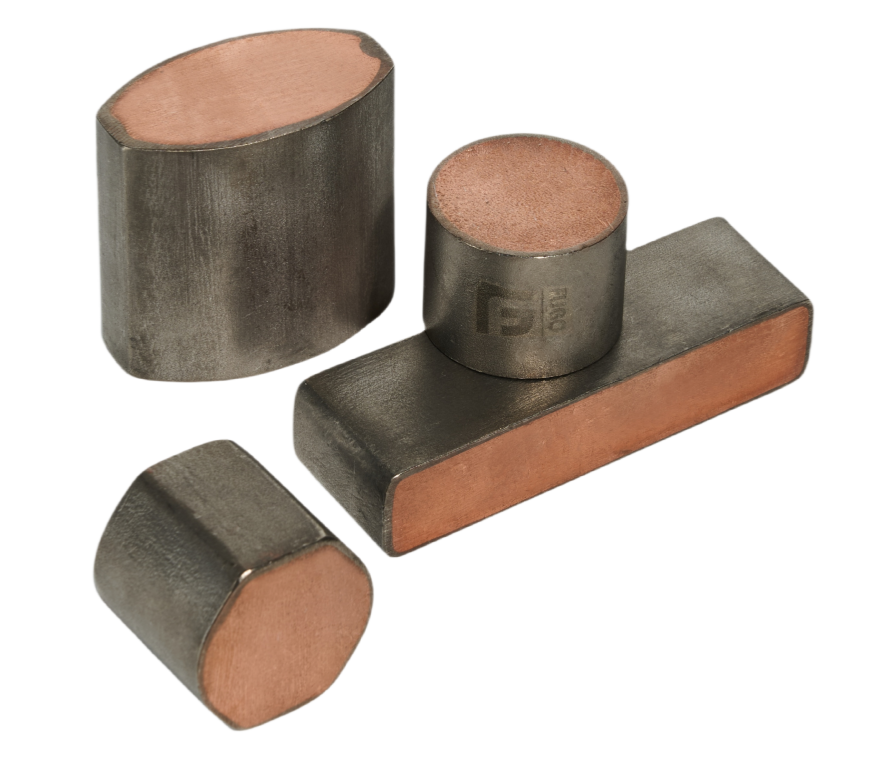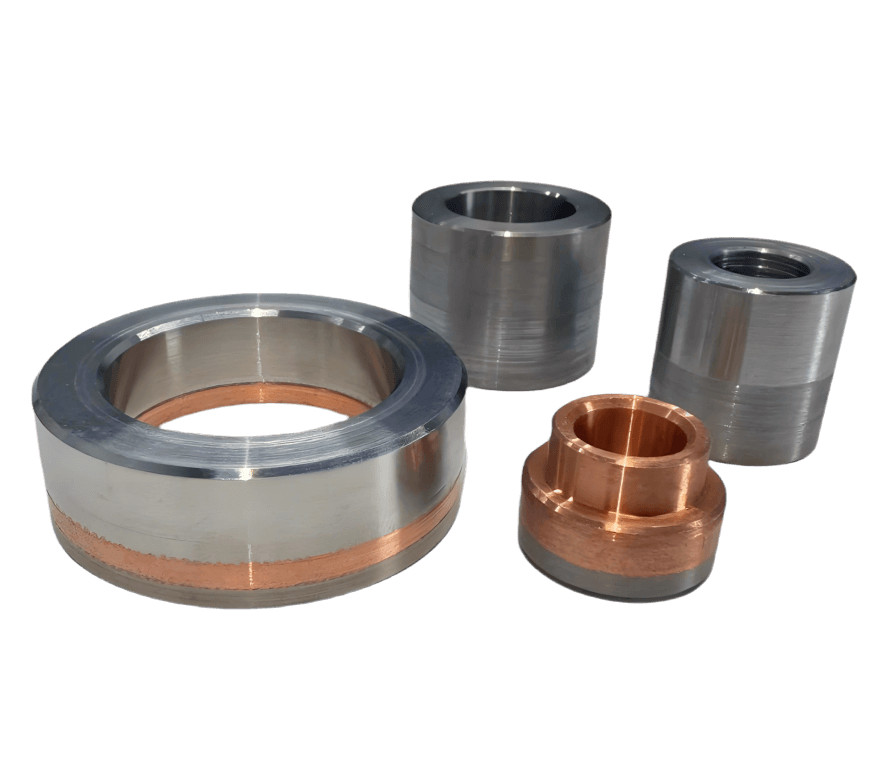







Clad plate refers to a composite plate where a layer of one material is bonded to a base material. The cladding plate is typically chosen for its properties like corrosion resistance, appearance, or electrical conductivity, while the base material provides strength and support.


The process of cladding materials together can vary depending on the materials involved and their intended application. Common methods include explosion, bonding, explosion bonding.


Clad steel plate is a composite plate by joining various metals by explosion bonding or roll bonding. Roll-clad plates are produced through a rolling process that involves the application of pressure and deformation to bond the metals together. Explosion cladding plates are produced through a process that involves the use of explosives to create a pressure wave that bonds the metals together.


Clad steel plate can be used in various industries, such as Chemical, Petrochemical, Oil & Gas, Refining, Energy & Power Generation, Pulp & Paper, Water Treatment industries.
For example, in chemical process equipment (such as pressure vessel, heat exchanger, reactor, column, condenser, tower, storage tank, and desalination equipment), the application of clad/composite plates is mainly concentrated in parts that need to resist corrosion, high temperature or other extreme conditions by joining various metals(such as Titanium, Nickel Alloy, and Stainless Steel) together.


Clad Steel Plates combine the characteristics of base material and cladding material, and have excellent corrosion resistance, wear resistance, high strength and other characteristics.
Compared with pure Titanium, Nickel Alloy, Copper Alloy and other precious metal plates, Titanium Steel Clad Plates, Nickel Steel Clad Plates, and Copper Steel clad plates achieve an optimized combination of materials and save the costs by choosing the Carbon Steel Plate or Forging as the base material.
Clad steel plates are easier to process with cutting, bending, drilling and other processing operations than pure Titanium, Nickel Alloy, Copper Alloy and Stainless Steel Plates.
Fugo Tech offers high-quality clad plates that combine the strength of carbon steel or stainless steel with the corrosion resistance of materials like titanium and nickel alloys, making them ideal for demanding industries like power generation and metal processing.
In power plant desulfurization systems, titanium-steel clad plates serve as corrosion-resistant linings for chimneys exposed to sulfuric acid (H₂SO₄), hydrochloric acid (HCl).The titanium layer provides exceptional corrosion protection, while the steel base ensures structural strength.
Similarly, in hydrometallurgical reactors, Fugo Tech’s clad plates withstand harsh chemical environments and high temperatures. The carbon steel provides strength, and the titanium or nickel cladding resists corrosion from acids and oxidizers, ensuring long-term performance in metal extraction processes.


Fugo Tech is focused on the manufacturing of clad metal plate and distributes the Stainless Steel, Titanium, Nickel Alloy, Zirconium and other non-ferrous metal pipes, fittings, flanges, and fasteners.